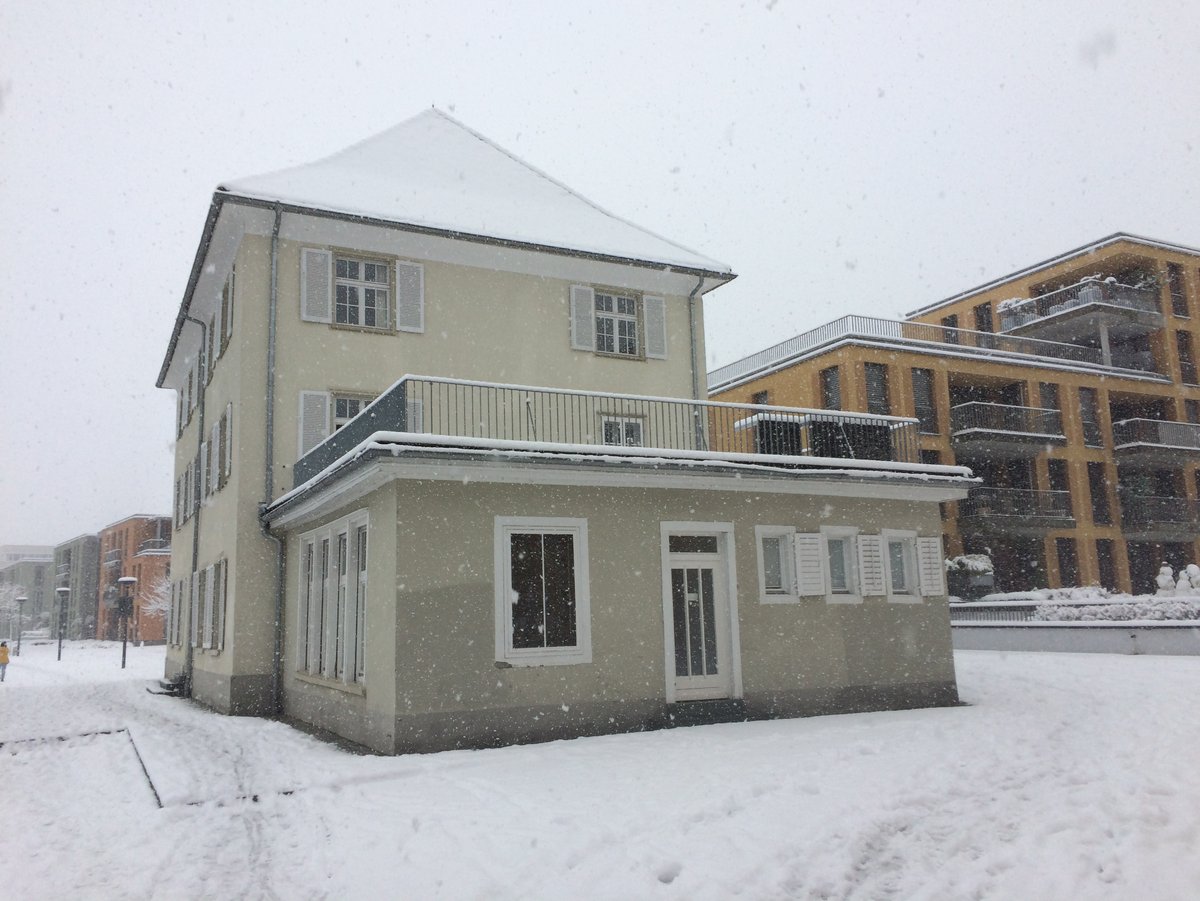ZKF Public Talk: Adaptation as Renewal: The Transformative Impact of Hamlet's Travels
Wann
Mittwoch, 25. Januar 2023
17 bis 18:30 Uhr
Wo
Bischofsvilla + online
Veranstaltet von
ZKF
Vortragende Person/Vortragende Personen:
Prof. Dr. Sandra Young, University of Cape Town
Moderation:
Prof. Dr. Christina Wald
In Kooperation mit dem NOMIS-Forschungsprojekt „Traveling Forms“
The brooding, introspective, post-Freudian Hamlet, prototype of modern Western subjectivity, has increasingly been made to reckon with the struggles of dispossession, political turmoil and police surveillance as the work has travelled globally. I consider the impact of Shakespeare’s global travels on the figure of Hamlet, and on the play’s capacity to effect discomfiting social critique, when reimagined in non-traditional centres of Shakespearean theatre-practice. Shakespeare’s most famous character has been revitalised through the work of theatre-practitioners and film-makers alert to the political imperatives of their contexts, such as rural Brazil (Zé Celso’s radical Ham-let of 1993 and 2001), India-administered Kashmir (Haider, dir. Vishal Bhardwaj, 2014), post-independence Nigeria (Wèsóo, Hamlet! Or, the Resurrection of Hamlet, by renowned Nigerian playwright, Femi Osofisan, 2014), and consequently, too, the London stage, as was evident in the National Theatre production in 2010, with its emphasis on surveillance. The Freudian interpretative framework, dominant during the last century, has had to reckon with the politics of dispossession and repression brought into relief by the complexities and inequities of a decolonising world. I draw on Edward Said’s insights into the effects of ‘traveling theory’ to conceptualise these transformations: for Said the vocabulary of ‘borrowing and adaptation is not adequate’ to speak of the transformation theory undergoes in unanticipated new contexts. He points to the profound sense of ‘affiliation’ (his emphasis) and creative renewal when ideas travel. The mutuality Said recognises is apposite too, I argue, when considering the transformative impact of Hamlet’s travels and the solidarities and resistances new interpretative contexts across the globe have yielded.
Biography
Sandra Young is Professor of English Literary Studies at the University of Cape Town. Her scholarship pursues questions of social justice in works both imaginative and historical. Her most recent book, Shakespeare in the Global South: Stories of Oceans Crossed in Contemporary Adaptation (Bloomsbury Arden, 2019), examines innovative adaptations that engage Shakespeare to tell new stories of dispossession across the global South. Her first book, The Early Modern Global South in Print: Textual Form and the Production of Human Difference as Knowledge (Ashgate, 2015), traces the emergence of a racialized ‘South’ in early modern geographies. Her research explores contemporary cultures of memory in the aftermath of injustice, too, in a range of forms, including testimony, life narrative, visual art, museum practice, and even organised protest. In her current book project, ‘An Intimate Archive: Personal Memory and Public Commemoration in the Aftermath of Apartheid’, she examines the intimate quality of post-apartheid public life and its archive.
Zoom-Link
Meeting-ID: 915 3170 7702
Kontakt: zkf@uni-konstanz.de

